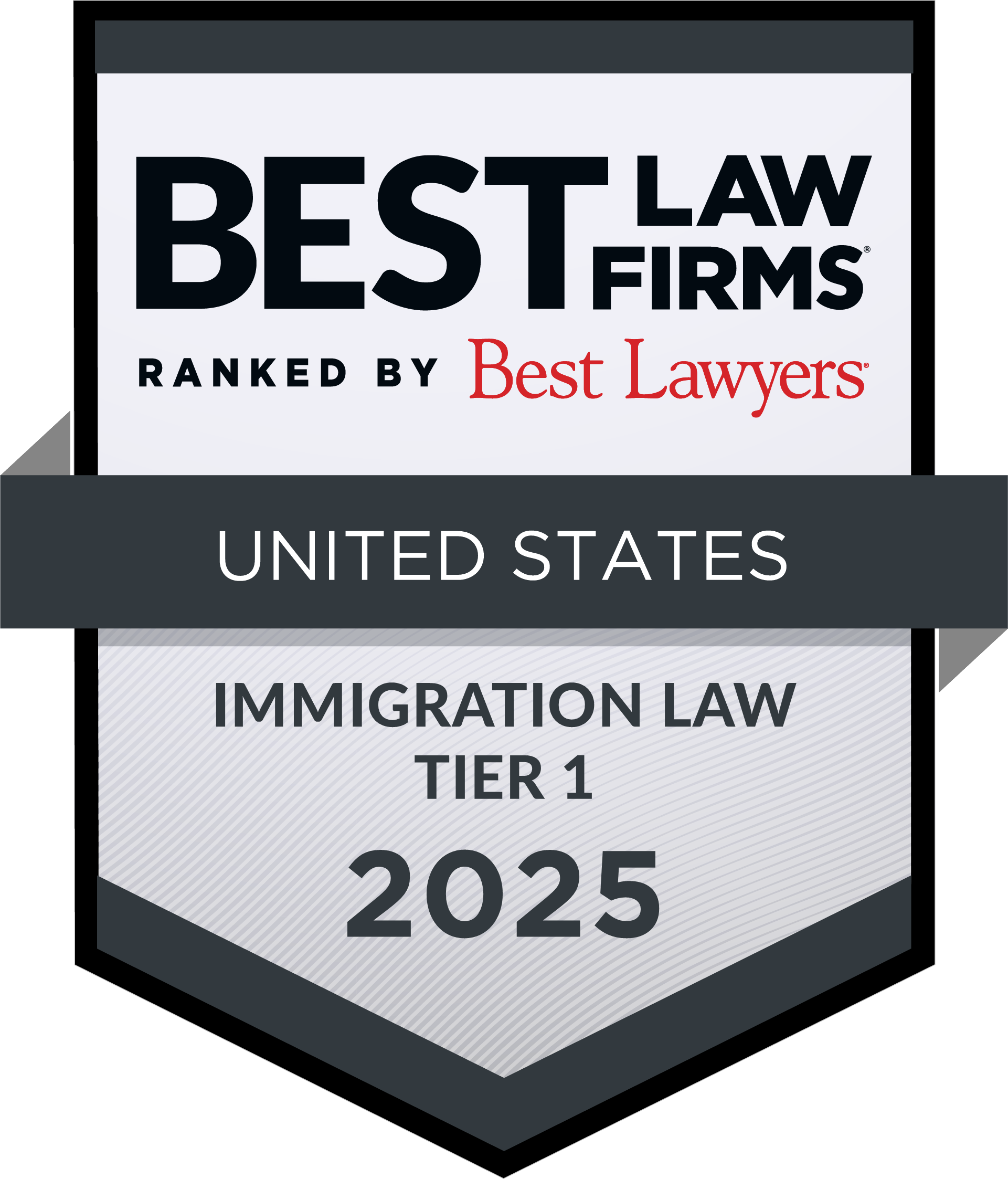
How Do I File an I-130 Petition for a Family Member in VA?

The E-1 nonimmigrant visa classification allows citizens of countries with which the United States has a commercial treaty to enter the United States to engage in trade of a substantial nature principally between the United States and the country of citizenship. E-1 visa beneficiaries are referred to as “Treaty Traders,” and the trade they engage in must be in existence (successfully negotiated contracts binding on all parties) and involve an international exchange of items of trade (goods, services, and technology) between the United States and a treaty country. If you’re seeking an E-1 visa, please don’t hesitate to contact the skilled Virginia immigration lawyers here at Goel & Anderson for assistance.
In order to be eligible for the E-1 classification, the visa applicant must demonstrate that:
“Trade” refers to the international exchange of goods, services, and technology. The title of the trade items must pass from one party to the other. The U.S. Department of State maintains a listing of E-1-approved treaty countries.
E-1 Treaty Traders must apply for this visa category on their own behalf directly at a U.S. embassy or consular office abroad or apply for a change of status while in the United States. To apply for an E-1 visa abroad, an applicant must submit the following documentation:
E-1 visa status can be granted for an initial period of two years. Thereafter, extensions are available in increments of up to two more years. With limited exceptions, there is no limit on the number of extensions that an E-1 Treaty Trader may obtain.
If there is a substantive change in the terms or conditions of the employer’s basic characteristics (For example, a merger, acquisition, or sale), the Treaty Trader must file a revised petition with USCIS requesting an extension of stay in the United States. As an alternative, he/she may obtain a new visa stamp from a U.S. Embassy or Consulate and then apply for admission into the United States at a port of entry.
An E-1 Treaty Trader’s spouse and unmarried children under 21 years of age are also entitled to E-1 classification as dependents. An E-1 spouse is entitled to work authorization, but children are not. To apply for work authorization as a spouse of an E-1 nonimmigrant, the dependent spouse must file an application for Employment Authorization with USCIS.
For decades, the team here at Goel & Anderson has effectively represented clients seeking E-1 and other business visas here in the United States. Contact us today so we can begin working on your case.

Washington DC, Metro
1775 Wiehle Ave, Suite 200
Reston, VA 20190
India
603 East Court Building
Phoenix Market City, Viman Nagar
Phone
1 877 GOELLAW© 2025 Goel & Anderson, LLC.
All rights reserved. Attorney advertising.